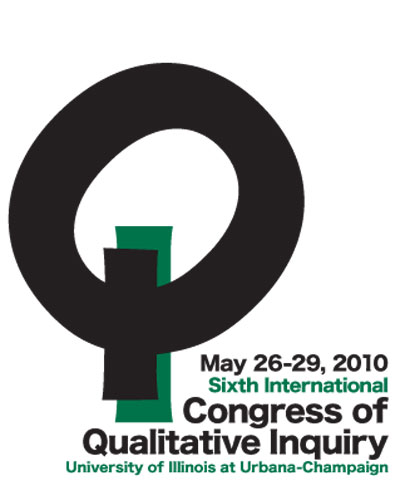Yesterday, I submitted the draft of my
Public Transformations paper. It will now be reviewed by 2 of my peers in my program, and briefly reviewed by the course tutor (faculty), after which I will revise it and resubmit.
Exhausted and drained are both understatements after pulling all this together over 6 weeks; this was the most ambitious research project I have attempted completed thus far. However, as the we were requested to add a final paragraph to our paper to discuss what we learned, I wanted to share it here. Please be mindful, I wrote this after 3 solid days of writing (with little sleep), and it was the last thing written before being submitted last night at 9:56pm.
I learned that using a different methodology for each of my module research projects makes for a tremendous amount of extra work, though it helps me to learn about the implications for how different problems in practice require different designs and methods. Furthermore, I realized that direct exposure with this variety will enable me to become more sensitive to the nuances in different academic traditions, while increasing the critical readings I am increasingly equipped to do when I consume and process other completed research. Finally, I am learning that there are so many generous people who are willing to share very personal stories in the name of research, and in the process, it was common for the participants to tell me how much they appreciated the opportunity to share and further process their experiences. I never understood that research could be beneficial for more than just the researcher; this is consistent with the topic of my project, and I now believe I am more informed and have the wider worldview that Mezirow focuses upon.
While I may clean this up a bit in my revision, the sentiments will remain the same.
 I am traveling to England on Sunday for my residential at Lancaster University, and the focus this year is on the methodologies and ideas for the upcoming doctoral thesis (doctoral dissertation in the US) that we hope to begin after the next year of coursework.
I am traveling to England on Sunday for my residential at Lancaster University, and the focus this year is on the methodologies and ideas for the upcoming doctoral thesis (doctoral dissertation in the US) that we hope to begin after the next year of coursework.

